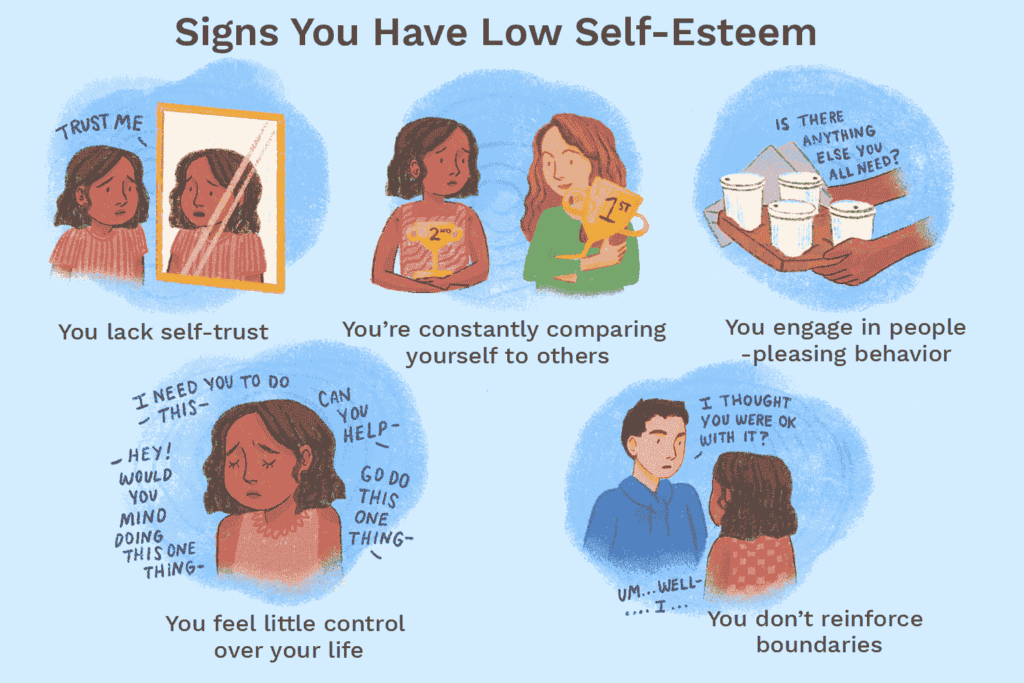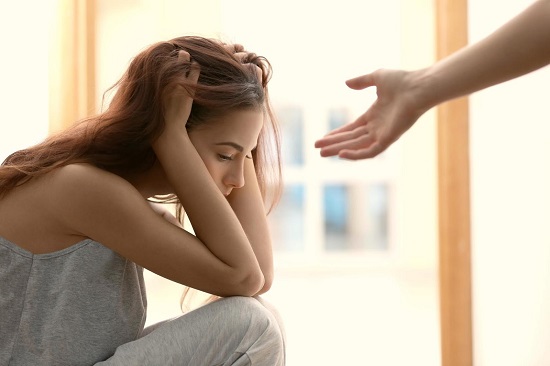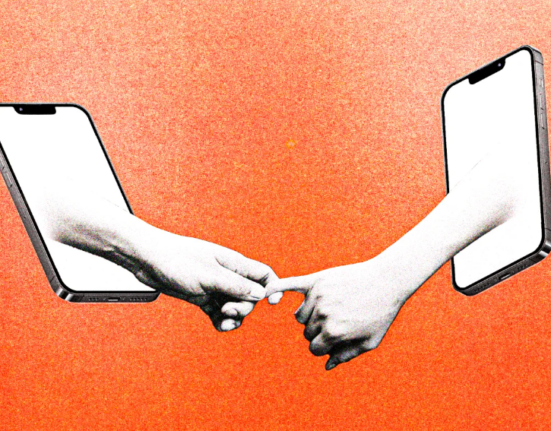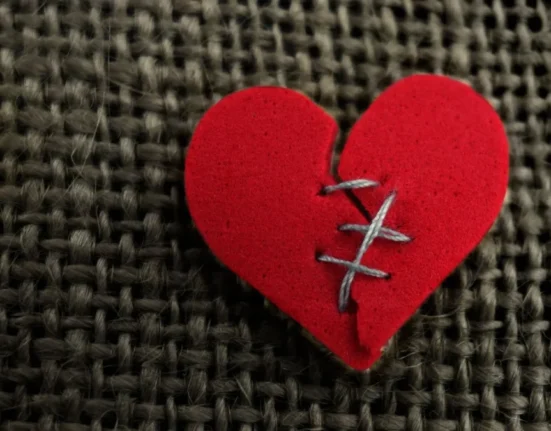Last Updated on January 14, 2022 by Rachel Hall
It’s January and, let’s face it, we’re all feeling like crap. The holidays have come and gone, the weather is terrible and there’s nothing fun to immediately look forward to. The best we can do is grab a Covid booster, knock back a vitamin D tablet and curl up with a salt lamp, waiting for April. It’s not uncommon to feel the effects of low self-esteem especially acutely at this time, and this can affect everything from our performance at work to our attitudes in our relationships.
What is low self-esteem?
Obviously, having low self-esteem doesn’t make healthy relationships better. People with low self-esteem often tend to look to others for validation and reassurance, including significant others. According to the NHS, people with low self-esteem often become overburdened, depressed, angry and resentful. Although I firmly believe that partners should frequently express their love, joy and affection for each other (however they choose to), a constant need for validation can be, well, needy. This can be annoying for everyone and shift the relationship dynamics in an unhealthy way as one partner moves into a ‘caregiving’ role.
Low self-esteem and jealousy.

People with low self-esteem also often feel threatened. They’re concerned that their partner might find someone else – more attractive, funnier, wealthier – and promptly get dumped. This can cause all sorts of issues and insecurities in a relationship. A platonic friend suddenly seems like a love rival, a casual meeting in a bar might lead to an affair… If you combine the desire for validation with the terror of being left, things can easily become toxic in the relationship and affect both participants’ mental health.
Jealousy is horrible and harmful. Here’s the thing to remember, though: each person in the relationship actively chose the other. Otherwise, it’s just an unfulfilled crush. So Partner A likes and loves Partner B, and Partner B should like and love Partner A. If either side stops, then the relationship should end, but otherwise, remember that each person looked at the other and thought “damn! They’re amazing!”, and in their eyes, they still are, even if they can’t see it in themselves.
Accepting imperfections.
Of course, nobody is perfect. Partners are still going to leave the toilet seat up, or they’ll put socks next to the laundry basket instead of in the laundry basket. That’s ok! People with low self-esteem will often idealise their partner, which can put pressure and build unrealistic expectations. But seriously. The laundry basket is right there. Remember that the knight in shining armor doesn’t exist outside of fairy tales and that in real life, romantic relationships are with people who are (hopefully) lovely, kind, funny – and human, with all the flaws that are included.
Chances are, everyone is built in exactly the same way. Expecting or hoping for more or trying to test someone makes things unfair and unrealistic. Ultimately, it shouldn’t be awful to realise that they’re a person, not a fantasy. None of this means that one should look for faults in a partner or criticise them, but we should be aware that they exist.
Communication.
Increased dependency on a partner, concerns about cheating/breakups and constant self-criticism can ruin intimacy and decimate clear communication. People with low self-esteem might not want their partner to see them naked or initiate a conversation about their concerns or emotions because they think their partner might judge them or realise that they’re no good. They may become self conscious, and not know how to fix this.
This can lead to negative spirals where self confidence is lower because of an unhealthy relationship and therefore communication and intimacy become worse. It’s best to stop this cycle before it starts. I would urge anyone who hesitates to discuss things in a relationship to remember that a good partner should be supportive and shouldn’t make you feel judged. Although breakups are absolutely horrible, in the long term they’re much, much better than staying in a bad relationship.
Professional help.
So how can we make things better? Issues with self-esteem can often stem from various mental health issues, so if there are concerns, consider speaking to a doctor, psychologist or therapist. Here’s a bad analogy: imagine one day, someone stabbed you in the leg. You didn’t go to hospital and every day you’re in pain, cranky and just generally not at your best because, well, someone stabbed you in the leg. Of course this would affect romantic relationships! Taking care of mental health is immensely important for the individual and everyone they interact with.
Other advice.
There are lots of other tips and tricks that will help, too. These aren’t a substitution, but they are worth considering anyway. Firstly, remember to appreciate a partner – but not worship them – make sure you find a way to flirt, try new hobbies, cheer them on with the things they care about, recognise things to be done that can both do to improve people as individuals and as a team and consider going to some couples’ therapy to make sure everyone understands each other and communicate as well as possible.
People with self-esteem issues should also remember to prioritise themselves and take some alone time and do things outside of their relationship, like pursue their individual interests or take some ‘me time’. Adding nutritious food, good sleep and regular exercise are just generally good for physical and mental health – although, obviously, they don’t replace medicine/medical attention.
Conclusion.
There is a myriad of reasons someone might struggle with their self-esteem or mental health, especially at this time of year and with the pandemic and its endless consequences. Reaching out for help can be extremely difficult, but acknowledging that there might be an issue and looking for ways to solve it can be a crucial and essential first step. If you’ve been searching online and you’ve found this and it resonates, I hope it helps and encourages you to get the support you need and deserve. Have a wonderful 2022.

Rachel Hall, M.A., completed her education in English at the University of Pennsylvania and received her master’s degree in family therapy from Northern Washington University. She has been actively involved in the treatment of anxiety disorders, depression, OCD, and coping with life changes and traumatic events for both families and individual clients for over a decade. Her areas of expertise include narrative therapy, cognitive behavioral therapy, and therapy for traumatic cases. In addition, Rachel conducts workshops focusing on the psychology of positive thinking and coping skills for both parents and teens. She has also authored numerous articles on the topics of mental health, stress, family dynamics and parenting.








Leave feedback about this